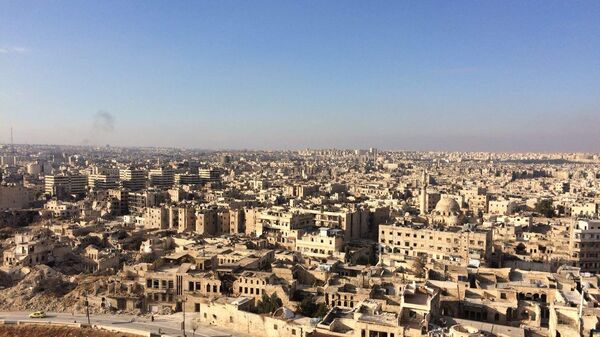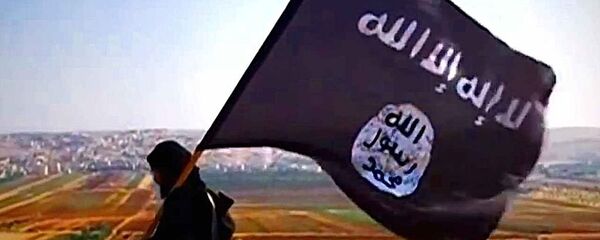According to local media, authorities have issued several building permits to local construction companies and unveiled plans to power factories in the area through the construction of a solar plant with the capacity of 30 Megawatts. The government also expressed its interest in attracting businesses operating in the financial sector to the district, with areas already designated for insurance companies and retail banks.
READ MORE: 'Reunite With Families in Aleppo' — Danish Party Tells Syrian Refugees
The governor of Aleppo, Hussein Diab, said that hundreds of factories are currently operating in the city, highlighting the economic recovery that is already underway in Aleppo, one year after the Syrian Army, backed by the Russian Air Force (RuAF), liberated the area from hard-line Islamist militants.
Over the past fourteen months, domestic private investors and the Syrian government have spent over 4 billion Syrian Pounds (around US$8 million) on Aleppo’s reconstruction.
Pre-war, Aleppo served as Syria’s primary economic and manufacturing hub, with thousands of factories churning out a range of goods, including textiles and electronics. A large chunk of these facilities was located in the Sheikh Najjar industrial district, which was heavily damaged by the conflict.
The Aleppo governorate was also home to Syria’s previously flourishing pharmaceutical industry, which was able to satisfy over 90% of domestic demand for medicines, in addition to exporting pharmaceuticals to over 50 countries.
The views expressed in this article are solely those of the author and do not necessarily reflect the official position of Sputnik.
Follow Suliman Mulhem on Twitter.


